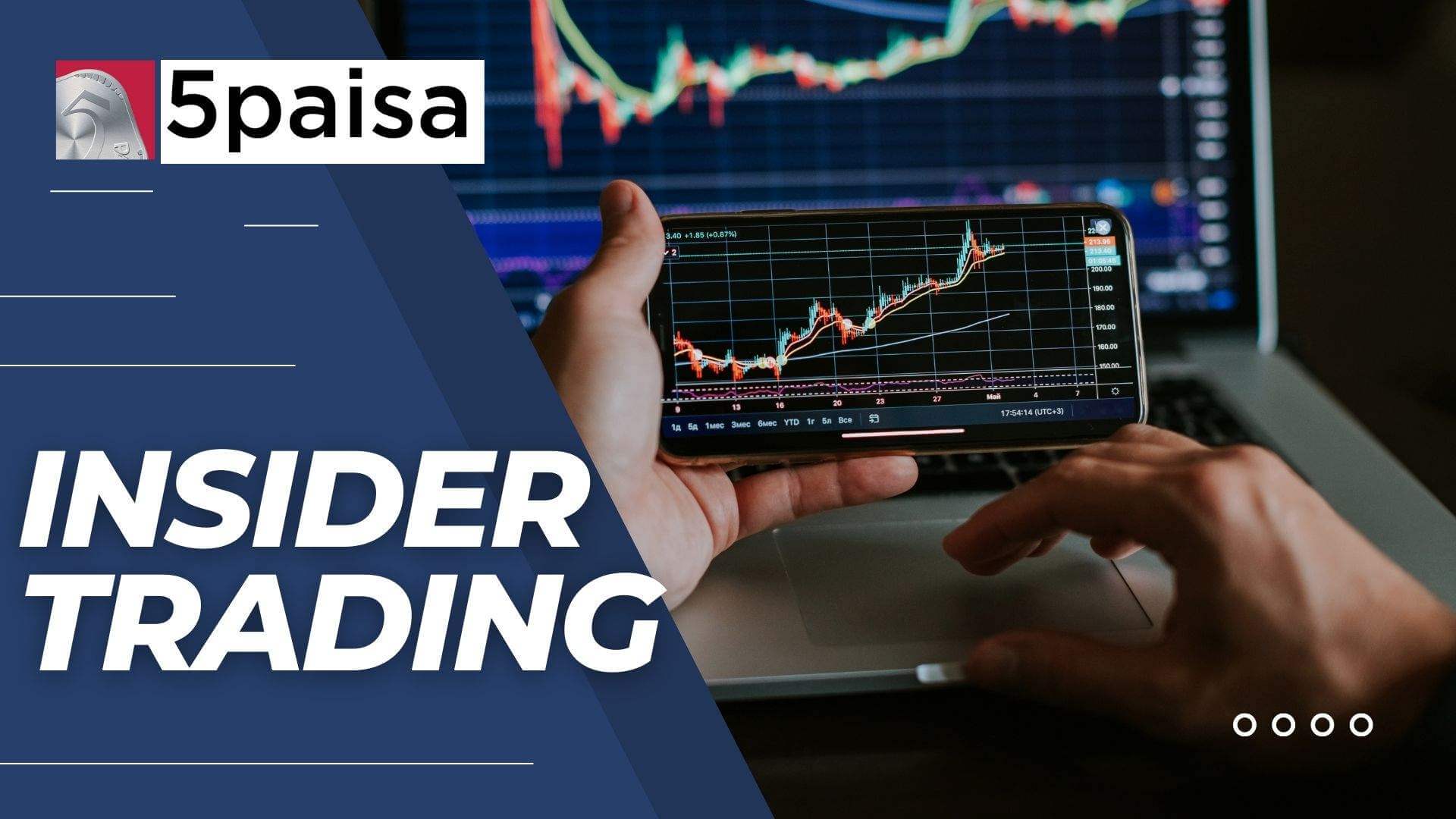The idea of insider trading has generated a great deal of discussion and debate in the world of finance and investments. It describes the behavior of people trading stocks based on secret, important knowledge about a firm. The impact of insider trading on stock prices, market integrity, and investor confidence can be significant. This article explores the idea of insider trading and how it affects Kotak Bank share price, illuminating the difficulties and drawbacks of this unethical conduct.
Understanding Insider Trading
Insider trading can be categorized into two types: legal and illegal. It is referred to as lawful insider trading when business insiders, such as executives, directors, and employees, buy or sell shares of their company’s stock based on information that has been made publicly available. For instance, a CEO may purchase company stock after a positive earnings report because all investors have access to the information.
Contrarily, illegal insider trading entails trading using material non-public information. Information that could have a big impact on a company’s stock price includes financial data, mergers, regulatory decisions, and other important occurrences. By taking use of their access to confidential information, those who participate in unlawful insider trading attempt to acquire an unfair advantage over other market participants.
The Impact on Kotak Bank
One of India’s top private sector banks is Kotak Mahindra Bank, also known as Kotak Bank. It is widely traded on several stock exchanges and has a substantial presence in the Indian financial sector. The effects of insider trading are a concern for Kotak Bank just like they are for any other publicly traded corporation.
When insiders trade shares based on material non-public information, it can lead to distorted market outcomes. Imagine a scenario where key executives of Kotak Bank are aware of an impending merger that could potentially boost the bank’s valuation. If they were to buy shares before this information becomes public, it could result in an artificial increase in demand for the stock, leading to a surge in share prices. Such a price movement wouldn’t reflect the genuine market sentiment but rather the unfair advantage of insiders.
Market Integrity and Investor Confidence
Insider trading threatens investor confidence and erodes the fairness of the financial markets. The foundation of a fair and effective market is the notion that all participants have equal access to information. When insiders use their privileged position to their advantage, it disadvantages individual investors and institutions without access to such knowledge.
A loss of faith in the financial system may result from the deterioration of market integrity. Investors may be discouraged from engaging if they believe the market is rigged or manipulated. This lack of participation could eventually hinder the market’s ability to allocate capital efficiently, slowing down economic growth and development.
Legal Framework and Enforcement
Insider trading is severely forbidden in India, as it is in many other nations, and is punishable by law. The regulatory body in charge of guaranteeing ethical conduct in the securities industry is the Securities and Exchange Board of India (SEBI). To stop insider trading and safeguard investors’ interests, SEBI has put in place strict laws.
The SEBI (Prohibition of Insider Trading) Regulations, 2015, provide a comprehensive framework for preventing insider trading. The rules specify who counts as a “insider,” they create codes of behavior and trading prohibitions, and they lay out the processes for reporting and looking into alleged insider trading. These rules can be broken with severe fines or even jail.
Notable Cases and Precedents
Over the years, there have been instances where insider trading has affected Kotak Bank’s share price and reputation. In 2019, a senior executive at Kotak Bank was penalized by SEBI for allegedly violating insider trading norms. The case highlighted the regulatory commitment to maintaining market fairness and transparency.
Additionally, broader market events can also impact Kotak Bank’s share price due to concerns related to insider trading. For example, if there is a high-profile insider trading scandal in the financial sector, it could lead to increased scrutiny of all financial institutions, including Kotak Bank, regardless of their individual involvement.
Mitigating the Impact
To mitigate the impact of insider trading on Kotak Bank’s share price, the bank can prioritize transparency and communication. Timely and accurate disclosure of material information can help level the playing field and ensure that all investors have access to the same information simultaneously. Implementing robust internal controls and compliance measures can also help prevent unauthorized access to sensitive information.
Moreover, market participants should remain vigilant and report any suspicious trading activities. Whistleblower mechanisms can encourage employees and others with insider knowledge to come forward without fear of retaliation, aiding regulatory authorities in identifying and addressing potential instances of insider trading.
Conclusion
Insider trading is a complex ethical and legal issue that can significantly impact the share price of companies like Kotak Bank. The practice erodes market integrity, undermines investor confidence, and hinders the fair allocation of capital.
As regulatory bodies continue to tighten the noose around insider trading, companies and individuals alike must prioritize ethical behavior, transparency, and compliance. By doing so, they can contribute to a more level and trustworthy financial market that benefits all participants.





